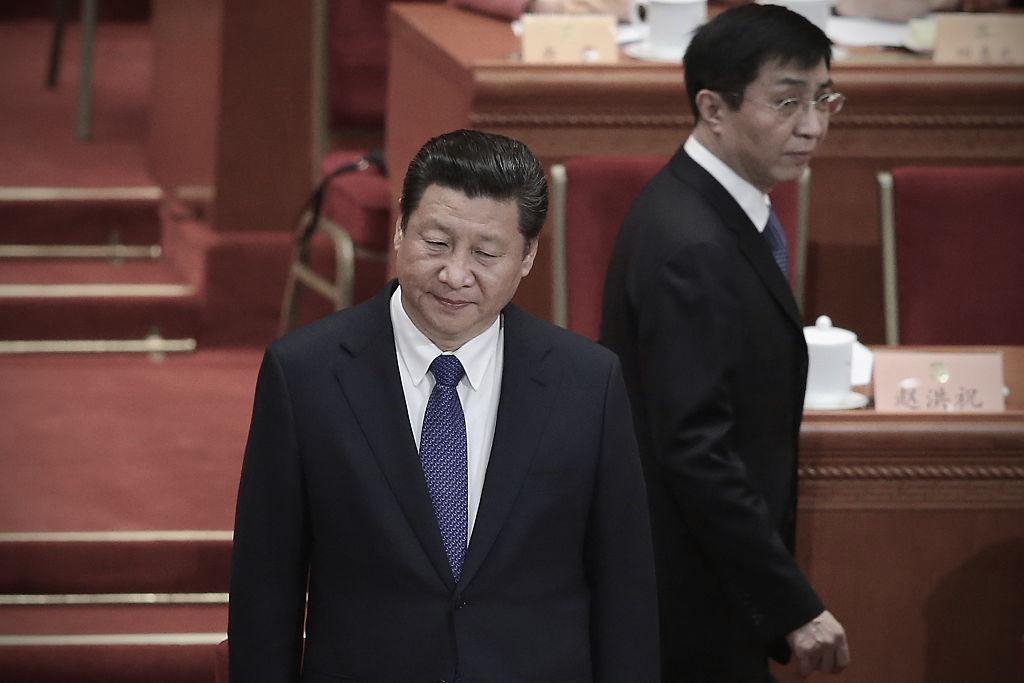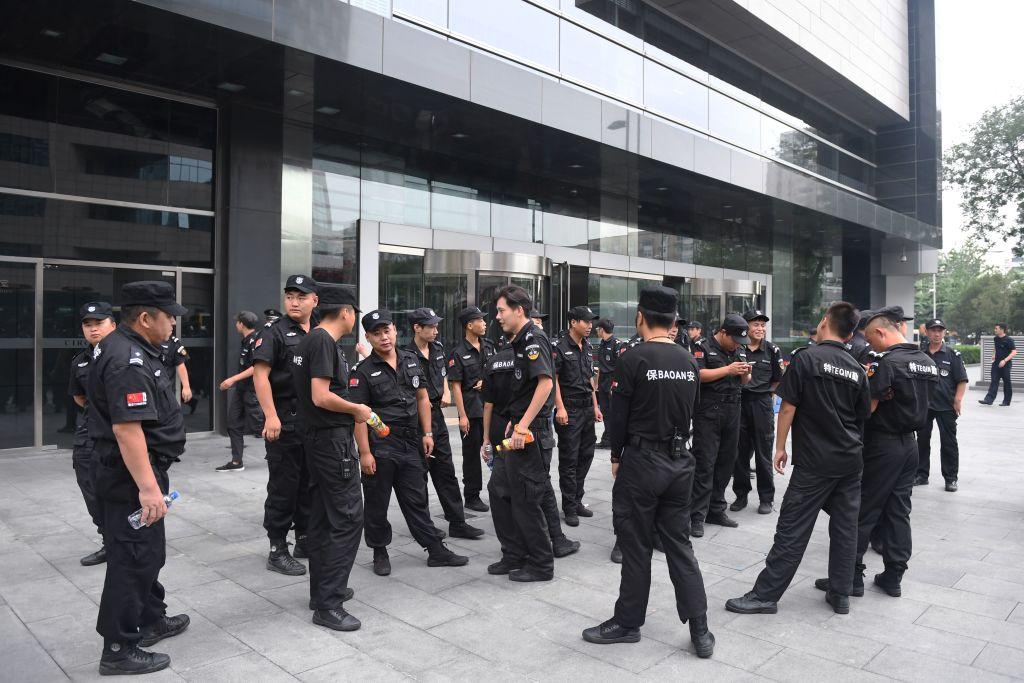New legislation and new approaches by law enforcement are addressing the longstanding problem of how the Chinese regime uses the American educational system to steal secrets that damage America’s national and economic security.
On Sept. 13, Rep. Francis Rooney (R-Fla.) introduced the Stop Higher Education Espionage and Theft (SHEET) Act of 2018 to stop foreign intelligence services from using college exchange programs to steal technology, recruit agents and spread propaganda. This legislation accompanies a Senate bill that was introduced by Sen. Ted Cruz (R-Texas) on May 22.




